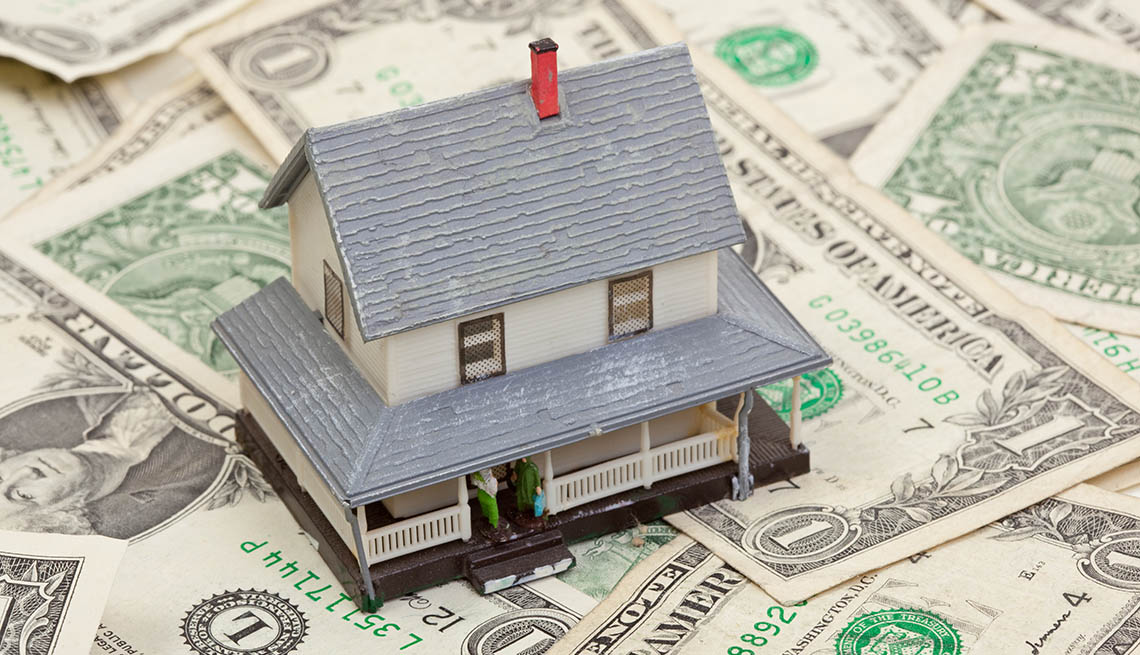
Is it time to refinance your home to get cash out?
- Select a language for the TTS:
- UK English Female
- UK English Male
- US English Female
- US English Male
- Australian Female
- Australian Male
- Language selected: (auto detect) - EN
Play all audios:

If you limit your cash-out borrowing to just 5 percent of the balance, for example, on a $200,000 refinance loan, you will increase your loan amount by just $10,000. “That small of a
difference is not material,” says Quicken Loans’ Banfield. If you want to access an additional $30,000 or $50,000, increasing your loan to $230,000 or $250,000, make sure you can sustain a
higher monthly mortgage payment, if there is one, Feldman says. HAVE A BACKUP PLAN Before moving forward, look at your monthly cash flow, how secure your job, business or other income is,
what you intend to do with the funds, and when you might wish to retire, financial professionals say. “If you increase your mortgage payment and you lose your job, how are you going to
sustain that monthly payment?” Feldman asks. “You need a plan B. Do you have savings?" EARMARK THE MONEY FOR A PURPOSE The largest percentage of cash-out refinances are for debt
consolidation, Banfield says. The second most common reason is to access funds for home improvement. Since passage of the Tax Cuts and Jobs Act of 2017, only interest on the cash-out portion
from a refinance that is used for home improvement is tax-deductible, effective 2018; cash-out refinance funds used to pay off credit card debt are not. If you use your home equity to pay
off your credit cards only to run up that debt again, the risk can be substantial. "Home values can go up and down, so you want to be careful about depleting the equity in your home,”
Siegel says. “Increasing the debt on your primary residence when you're approaching retirement is not a good idea.” MAKE A LONG-TERM PLAN If you're earning $50,000 or $100,000 now,
consider what your income will be in retirement. It's likely to be lower, so be sure you will be able to handle the monthly mortgage payment in retirement or can pay off your mortgage
before you retire. “You want to keep the [home] equity as savings,” Siegel says, in case you want to sell your house later in life and buy a lower-priced home for cash, eliminating a
mortgage payment. People with good credit scores typically maintain 30 percent equity after the cash-out refinance, Quicken Loans’ Banfield says. So, for a $300,000 house, you will still
have $90,000 in equity after the refinance transaction.
